Helpful Tips to Avoid Excessive Fees When Selling Your Home!
Posted by Alex Narodny on Tuesday, June 19th, 2012 at 3:33pm
Selling Your First Home?
Here is Something You should Definitely Read and Know Before Closing in Escrow!
Knowing your rights and what to expect will save you quite the headache when it comes time to close.
Public entities have a legitimate interest in helping to ensure that the local housing stock is well maintained and safe. One way some cities have chosen to accomplish this is by conducting a property inspection when property is sold (resale inspection) and providing a written report to the buyer prior to the close of escrow. The homeowner is charged a fee for this process. At the same time citizens have a right to expect transparency, consistency, and fairness from their elected government when inspections are required. A Resale report should not included arbitrary decisions, and should not be an opportunity to punish owners, promulgate new rules nor close a city budget gap.
These goals can be best accomplished by avoiding miscommunications and frustrations. Adopting a few principles and ensuring they are publically communicated in advance can ensure this.
Follow these suggested points to avoid unnecessary fees and inconveniences
1) Transparency
A. Basic items (and consequences) inspector is looking for should be documented and communicated to residents in advance.
B. Common items, such as work done without permit and strapping of water heater, as well as consequences, like triple penalties, should be noted in City websites and handout at the Building Department
2) No Double Jeopardy
After the first city inspection is performed and the homeowner has made the appropriate corrections, a re-inspection is made to “final” the work. This “final” is often made by a different inspector than did the original one. Sometimes on the final inspection new additional issues are noted that were not included in the original inspection.
Or sometimes a home is sold that was sold previously and which had a City inspection for the earlier sale. In the latest inspection, an item may be noted that was not noted in the earlier inspection, even though the building code was the same for both inspections.
Residents have a right to consistent application of the ordinance, and should not correct new items on final, nor items that were deemed OK by the City when the owners bought the property.
3) No Retroactive Application of Building Standards
When a resident perform work on a home that met the building code at the time the work was done, and they simply did not obtain a permit, they should not be penalized more than the requirement to obtain a current permit with any applicable penalties. They should not be required to redo the original work to new building standards. For example, a homeowner installs new windows according to code, but changed so that a different type of window glass is now required. Homeowners should not have to reo the window installation. After all, other homes in the City done in accordance with the same standard but with a permit, are deemed satisfactory and safe by the City.
4) Inspection Fees should not be a Profit Center
The cost charged homeowners should cover the full cost of the inspection, but no more. To help ensure this, the Building Department responsible for the inspections should publicly post the cost analysis they use to set the fee. This analysis should be available at the City, posted on the City Web site, etc. so citizens can review the details. It should not be buried in 30 pg City budget. This requirement should be little additional burden on the City staff since prop 218 for property related fees already require such analysis.
5) Cities should not Delay Homeowners Ability to Sell their Property
When a City requires an inspection as a condition of sale, citizens have a right to expect the City to have sufficient trained staff to accomplish the inspection and provide a repot in a reasonable time, with out interfering with the escrow. It is suggested that owners should be able to order and receive an inspection with in a week, and to receive a written report within a week after the inspection is completed. The time frames should be posted by the City, on their website, etc. In fairness to owners, and to incent the City, if at any times these timelines cannot be met due to temporary staff issues, the City should exempt the property from inspection.
6) The Inspection process should Recognize Distressed Homeowners.
In today’s economy, a number of real estate sales are being completed by owners in distress, often caused by issues such as unemployment, medical hardships, divorce, etc. Often these are reflected as short sales. Cities should either exempt short sales from the fess or charge a reduced fee, such as 50%.
For more information on City Inspections, permits, or services please refer to the County of Marin's Website. Feel free to contact Karin or Peter about housing inquiries and issues at MarinRealEstate.net

Leave A Comment